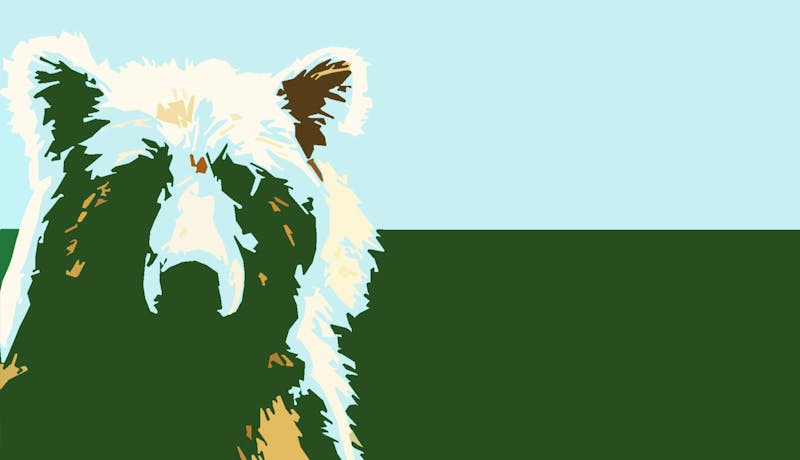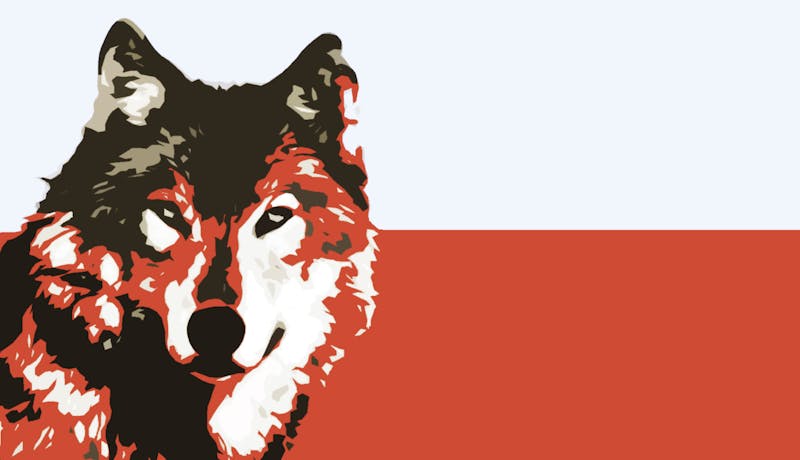A Newbies Guide to LGBTQ+ Slang

Whether you've recently entered the LGBTQIA+ community or are simply curious to learn more about the culture, a guide can always be handy. Like any community, niche language has evolved around the LGBTQIA+ sphere, and some terms may be confusing to those not in the know. After all, queens, otters, and aces also have their original meanings too. While we make no claims that we have built an exhaustive list of every slang term out there, we've grabbed a collection of commonly used slang that should be of use to any newbie. From classics you've probably heard in the wild to some newer entries to the lexicon, we hope you find this guide enlightening!
ACE
This umbrella term is used to describe someone who feels a lack of, varying, or occasional sexual attraction. This can encompass asexual people as well as demisexual and grey-sexual individuals.
BEAR
This describes a hairier and usually heavy-set gay or bisexual man. A bear typically projects rugged masculinity and strength.
CLOSET
Closeted or being 'in the Closet' is a term used when someone is hiding their non-heterosexual orientation. To 'come out of the closet' or 'coming out’ is when they publicly reveal their sexuality.
CUB
A term used in gay circles to describe a young, heavy-set, hairy gay man. Essentially a young 'bear.'
DEADNAMING
Many trans people will opt to change their name to match their true identity. Deadnaming is when someone, intentionally or not, uses the name they used before they transitioned - or 'birth name.' This can be insulting and invalidating.
DRAG
Within the drag scene you have drag queens - men who dress as flamboyant women for entertainment- and drag kings - women who wear men's clothes and act stereotypically masculine while on stage.
NSA
A relationship or encounter, normally sexual, with the understanding that there would be no further commitment after sex.
WOLF
Wolves typically have a lean, muscular build and can be sexually aggressive. Looks-wise they're similar to an otter, boasting hair levels somewhere between a twink and a bear.
PAN
Not to be confused with bisexuality, pansexuals or 'pans' describes a person attracted to people of all gender identities and aren't confined as much by labels.
STUD
In lesbian slang, a stud refers to a female of color - usually Black or Latinx - butch. Not all black butches identify as studs, however. Its origins lay in working-class black lesbian bars.
TOMCAT
Used to describe a bisexual woman who has masculine traits.
TOP
A term used in queer communities referring to who is dominant during sex. Tops generally prefer to take a more active role while 'bottoms' receive.
TWINK
Gay slang for a young man in his late teens to early twenties with a slim to average build and youthful appearance. Usually clean-shaven and un-hairy.
U-HAUL
A U-Haul lesbian refers to a lesbian who gets attached very quickly. Its origins come from the joke, "What does a lesbian bring on the second date? A U-Haul."
BINDING
'Binding' is the process of flattening one's breasts to give off a more masculine appearance or flat-looking chest.
ALLY
An 'ally' is a term used for a person who supports the LGBTQIA+ movement but does not necessarily fall into any of its categories. 'Allies' are usually cis-gendered (Straight).
100-FOOTER
The term '100-footer' refers to a person whose sexuality is fairly evident from their appearance, personality, or language. The term comes from the lesbian community and the exaggerated belief that they could spot other lesbians from 100ft away; however, the term has been accepted by most of the LGBTQIA+ community.
UNICORN
A 'unicorn' is a woman, often bi-sexual, who forms an attachment to an already established couple. The original couple's relationship usually remains the strongest, while the 'unicorn's' involvement is secondary, generally in a sexual capacity.
QUEEN
Originally, 'queen' was a word used by gay men to describe themselves as flamboyant or effeminate. Nowadays, 'queen' is used by most of the LGBTQIA+ community, where the meaning remains the same.
MISGENDERING
'Misgendering' is to presume someone's gender before asking them, usually based on social norms or prejudice.
Conclusion
For most, LGBTQIA+ slang can be intimidating and is a language and culture that we've never been exposed to before, but it's slang that's worth knowing if you want to understand the world in which we live. The times are changing, and with that change comes new language and ways to express ourselves. Whether you knew the definition of 'bear,' 'otter,' or 'unicorn' before, hopefully, this article has kickstarted that education!

About the author
Casey Wise
Casey Wise is a British journalist, creative copywriter, and music creator with a deep passion for language, travel, and technology. Based in Barcelona, his work extends from local start-ups and newspapers to university radio and the British NHS.

